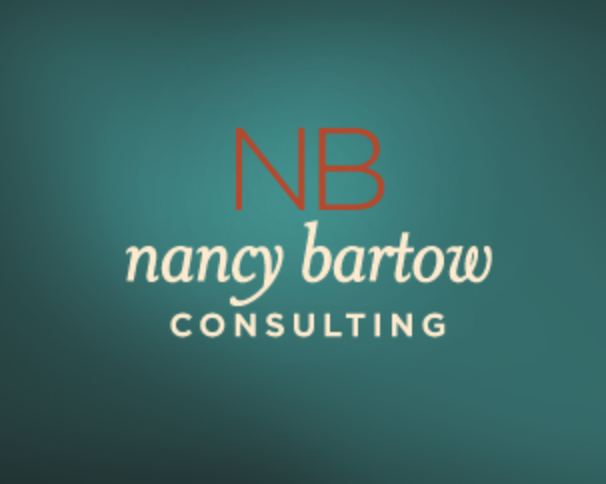Lately I’ve noticed the phrase, ‘Perfectly Imperfect’ in a lot of different places. Tattooed from wrist to elbow on a woman’s arm, in inspirational books, on social media, plastered across a billboard. The saying initially kind of called me in. It impressed me. I liked the concept that despite our flaws we are ok. Good enough. Acceptable. Validated.
Then, I started thinking more about what it actually means to me to be Perfectly Imperfect, and my teeth began to feel fuzzy. Turns out, I’m not down with Perfectly Imperfect. In my book, Perfectly Imperfect is not where it’s at. Not at all.
Let me break it down for you.
To me, Perfectly Imperfect implies passivity. An aura of, ‘Well, I’m imperfect, but I’m also perfect, so I don’t need to take action/reflect/do more/try harder/change’. As a recovering Professional Worrier, I can appreciate the need to surrender to the status quo, to let go of ego-based expectations. But I see a direct correlation between this surrender and a refrain from continued growth, development and pursuit of improvement. This evolution is necessary if we wish to advance ourselves in meaningful ways.
Adults don’t love (read: adults typically despise) feeling pushed into learning something new, especially something they didn’t choose to learn and that they feel uncomfortable learning. Andragogy details the resistance adults exhibit when faced with a complex or dynamic paradigm shift. Raymond Wlodkowski perfectly details this dilemma in his book, Enhancing Adult Motivation to Learn.”Challenge occurs when we have to apply current knowledge or skills to situations that require extension or development of them.” You bet it does, Raymond. Despite our reluctance, throughout adulthood various forms of complex learning probably still occur, but the most meaningful lessons typically require embracing the vulnerability that comes with newness.
So what do we do when faced with learning or trying something new? A lot of times we do NOTHING. We sit back and, consciously or subconsciously, look the other way as growth opportunities stare us right in the face. We ignore our discomfort, we busy ourselves with distractions and we pretend that pesky growth opportunity isn’t right there, egging us on. Sometimes we become defensive or resentful, stubborn or obstinate. Other times we find excuses for not embracing the change. And as a result, we fail to advance our intellectual and emotional skill sets, all in the name of avoiding discomfort. Perfectly Imperfect, remember?
Certainly, no person needs to accept every developmental opportunity presented to them, big or small. That said, the next time you’re faced with something new, different, scary or anxiety inducing, ask yourself: Am I willing to dive into this arena to see if I can come out of it just a little bit more evolved, educated, empathetic, enlightened? It might be messy, and it will probably make you feel uncomfortable, but learning is a muscle, and it must be exercised.
In my opinion, Perfectly Imperfect also signals judgement. A verdict of wrongness. An either/or mandate: you’re perfect–or you’re not. And I find that offensive. There’s a lot of weight on the scale between Perfect and Imperfect. It seems to me that most of us already live our lives in a steady, albeit likely unrealized, loop of negative self-talk. From our first cognition we are inundated with messages extolling us to be better, look better, act better, dress better, smile prettier, buy more, have more, do more, be more. These societal expectations implore us to constantly strive for a state of unattainable perfection; an ideal based on perception and appearance, not character or competence. With ubiquitous demands on our intellectual, physical and emotional psyches, from an early age we learn to slander ourselves with recrimination, doubt, anxiety, shame, worry, concern, insecurity–all of this then amplified in the very public, very photoshopped age of social media.
Do we really need the Perfectly Imperfect label to remind us of our inherent imperfections? I don’t think so.
Stick with me. I can feel the arguments barreling this way: “The saying is Perfectly Imperfect, not just Imperfect!” or “It’s ok to be imperfect! That’s why Perfectly Imperfect is so good!” And you’re not wrong. Certainly as humans we are not perfect. We make mistakes and missteps. We serve ourselves before others, we lie, we cheat. Hopefully we don’t steal. As humans we say and do things we shouldn’t. We are flawed. Imperfect.
But try shifting the Perfectly Imperfect paradigm to a something different, more reflective of our true potential: Steadily Evolving. Continuously Shifting. Consciously Growing. Can you feel the forward momentum in those statements?
We all have choices about how we live, how we choose to present ourselves to the world, how we engage with others, how we respond to challenges. We must not succumb to the seduction of passive participation in our lives. We must actively pursue opportunities to grow and to develop. Because THAT is how we make a difference for ourselves and for the world, in ways small and large.
So, Perfectly Imperfect? Nope. You’re better than that. Choose to be on the path of continuous improvement, for that is where you will experience true acceptance.
